November’s Program
Zoom and in-person
November 9 @ 10:00 a.m.
presented by Sue Balascio, Kathleen Remsa, Marcia Weiss
Our presenters are three textile artists who recently exhibited in the Newark Arts Alliance show ABSTRACT HARMONIES.
This group exhibition celebrated the creative dialogue between Susan Balascio, Kathleen Remsa and Marcia Weiss. The artwork incorporates shifting geometries, ethereal textures and tactile expressions in traditional and non-traditional materials.
Inspired and influenced by one another, these artists “strive to expand the boundaries of conventional weaving in subtle and overt manners. This is highlighted through entwined layers of complexity, sculptural layers of tactility and evocative layers of meaning. This new body of work illustrates the creative dialogue—the abstract harmonies—that exist between us.”
The three artists will share a few examples of their work and discuss their creative process and collaboration. Sue and Kathleen are HWG members.
Please see newsletter for more information about Sue, Kathleen and Marcia.
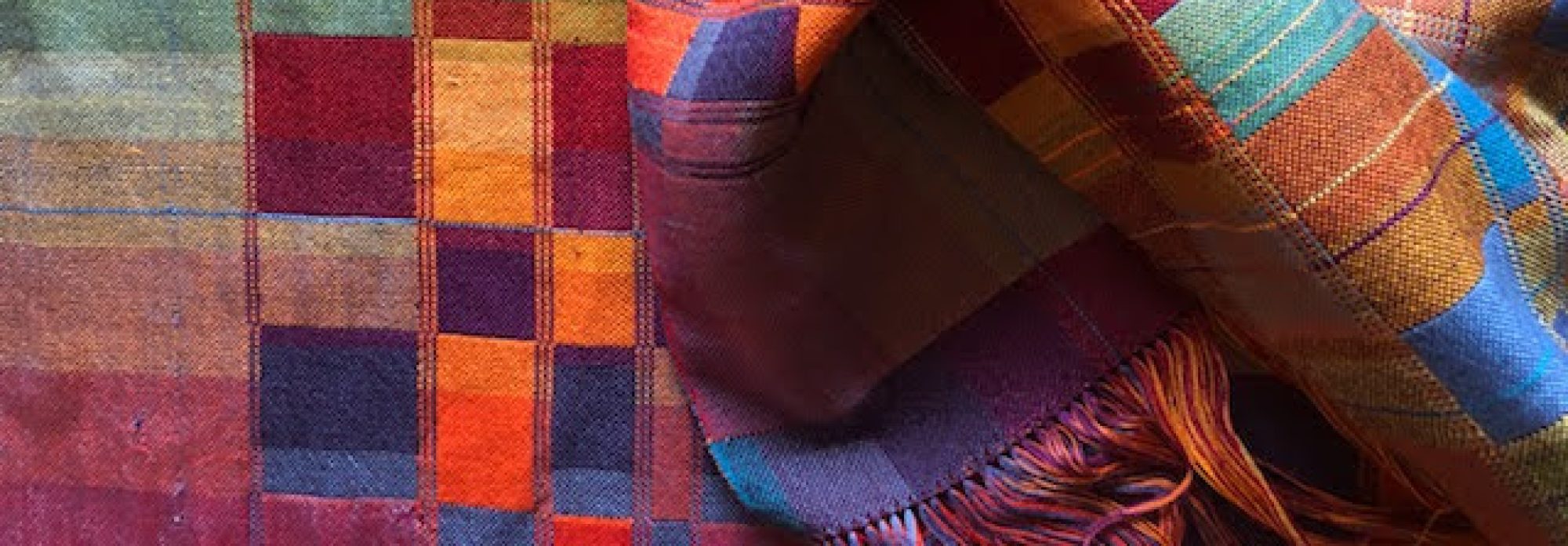
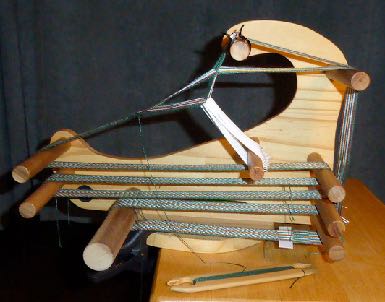
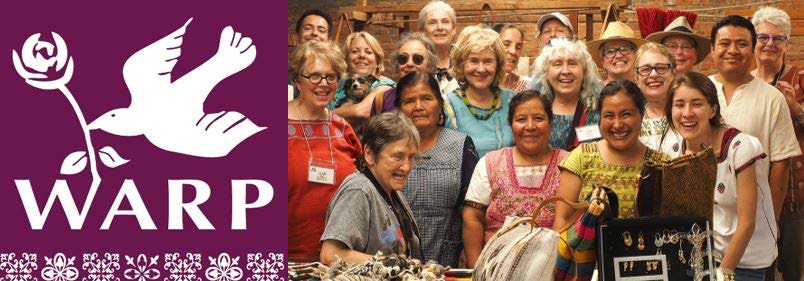


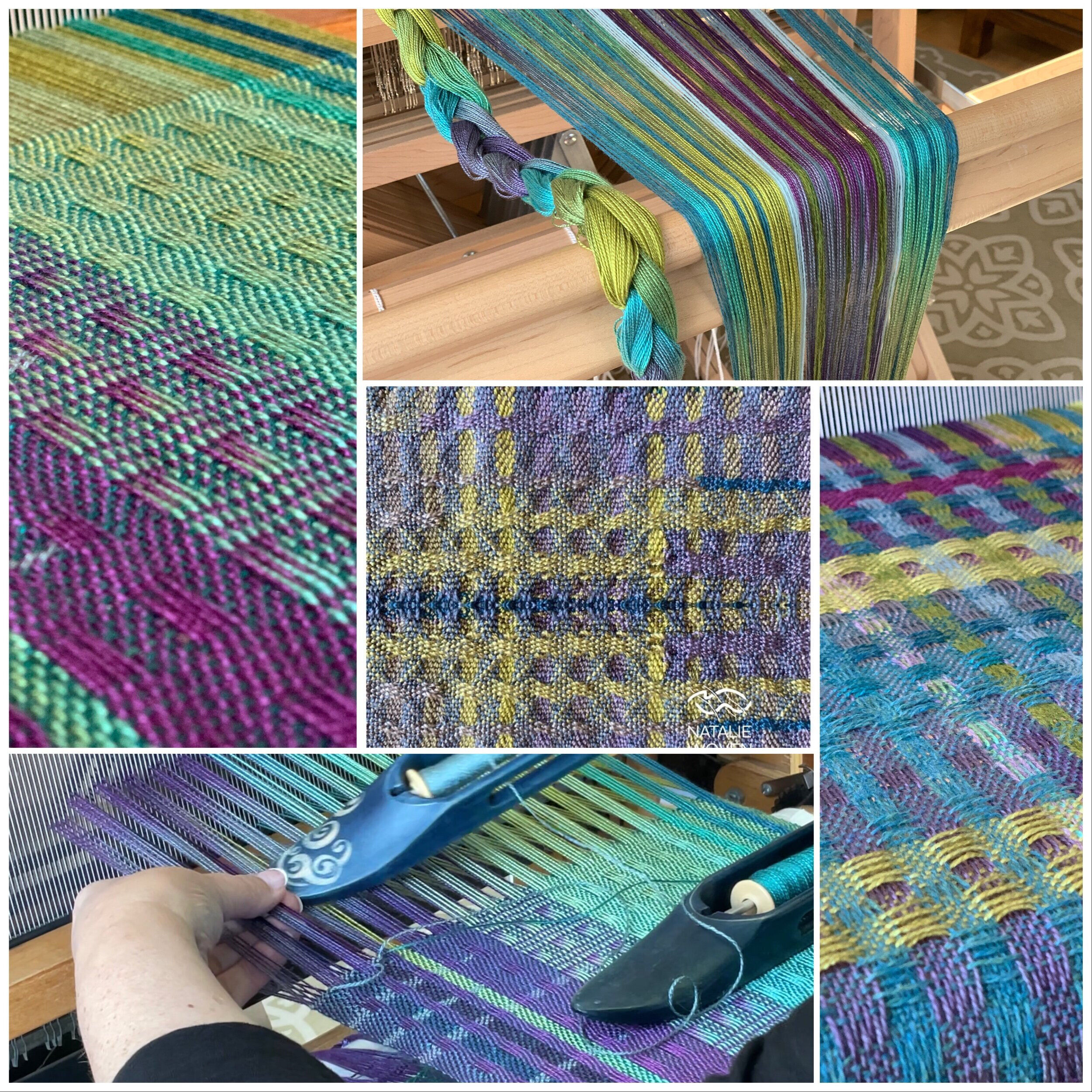 Natalie Drummond is an educator and fiber artisan from Fremont, Indiana.
Natalie Drummond is an educator and fiber artisan from Fremont, Indiana.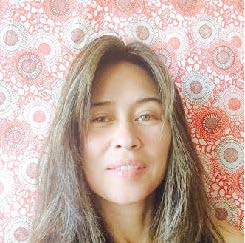 Decades of travel to over 30 countries has given me a deep appreciation for textiles and their history.
Decades of travel to over 30 countries has given me a deep appreciation for textiles and their history.